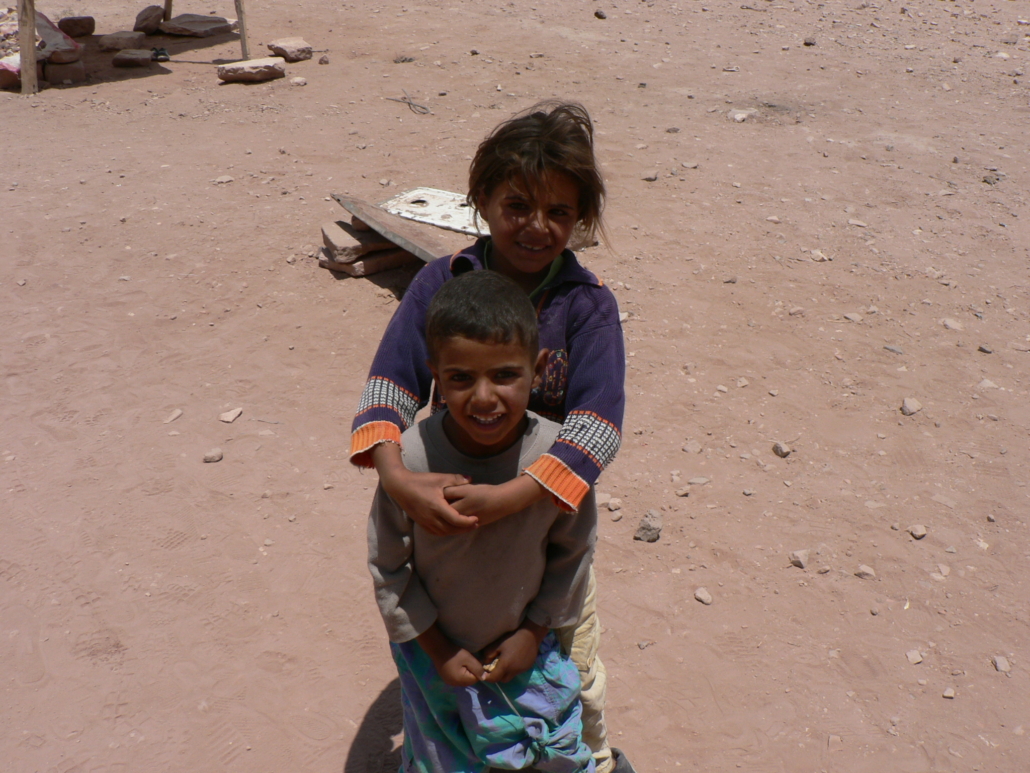3 Political Actions Impacting Disability and Poverty in Jordan

Jordan is the home to 11.34 million people of which an estimated 2.72 million live in poverty. Additionally, somewhere around 11% of all Jordanians are diagnosed with a disability. The unemployment rate for individuals with disabilities in Jordan is almost double the amount of individuals without disabilities. Unequal access to services caused by poverty leads to an increase in disability rates. The main inequalities surrounding disability and poverty in Jordan are in employment, education and health care.
How Does Poverty Affect People With Disabilities?
Poverty leads to an increase in isolation and vulnerability, because of that people with disabilities can be unable to receive necessary care. Having a disability makes it harder to access employment, education and health care. Often the available services do not have the resources to care for disabled people. Individuals with disabilities require care that is not available to them in areas of poverty, which leads to an increase in mortality rates. Here are three political actions impacting disability and poverty in Jordan.
Ratification of United Nations Convention
Jordan has ratified and incorporated some important tools to help people with disabilities. One of these tools is the United Nations Convention on the Rights of Persons with Disabilities which has a set of protocols that Jordan has been using since 2007. This agreement essentially states that people with disabilities deserve equal education and employment opportunities. This agreement holds the government responsible for providing necessary medical care for people with disabilities. Jordan has created councils dedicated to creating legislation that upholds the conventions agreements.
HCAPD
In 2007, Higher Council for the Affairs of Persons with Disabilities (HCAPD) was formed to uphold laws passed to protect individuals with disabilities. The council’s main functions are to create plans for the future, execute current plans and create legislation for people with disabilities. The goal of this council is to implement specific and broad legislation that helps individuals with disabilities. An example of their impact is when HCAPD worked with the Ministry of Higher Education to transition 10 schools into being inclusive spaces for all abilities. This is a small-scale example of the positive impact HCAPD can have.
National Social Protection Strategy
Jordan created the National Social Protection Strategy in 2019 to address social inequalities. Among these inequalities are disability, exclusion and poverty, which Jordan has agreed to prevent. The plan has three parts: opportunity, empowerment, and dignity. Jordan plans to use the combination of those parts to create legislation moving forward that addresses inequalities among disabled people. Creating a protective environment allows for economic growth that benefits people of all abilities. Part of the protection program is aiding poverty that affects people with disabilities. One outcome is Jordanian businesses that employ more than 50 people must have 4% of that be people with disabilities.
Jordan’s Current Situation
The implementation of those political actions has been a great start in aiding people with disabilities in Jordan. The combined effort from multiple organizations within Jordan to create funding and legislation has had positive effects nationally. With that in mind, it’s also important to understand that this problem requires funding to solve. Poverty is one of the main contributors to disability inequalities. Addressing poverty is the first step in addressing the inequalities in education, employment and health care. Poverty requires funding from the national government and foreign aid to decrease. Actions taken by the Jordanian government can serve as a model for other countries looking to improve the quality of life for people with disabilities who are impoverished.
– Kaleb Monteith
Kaleb is based in Greeley, CO, USA and focuses on Good News and Global Health for The Borgen Project.
Photo: Flickr
